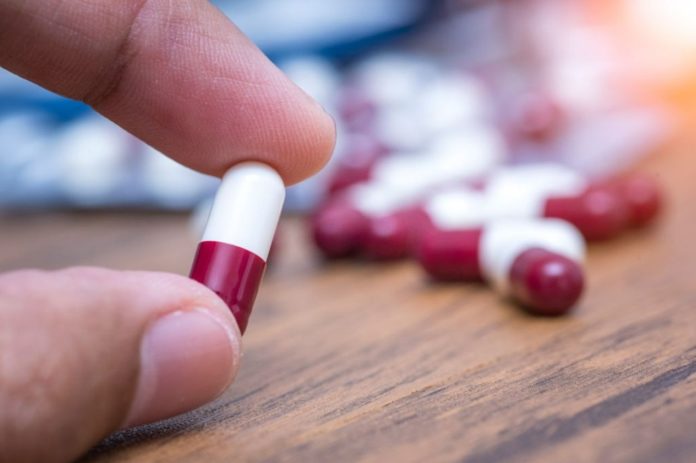Recent studies have demonstrated an increased risk of adverse outcomes in COVID-19 positive individuals who have comorbidities – when one or more conditions coexist with a primary condition.
According to a new study published in the Journal of Allergy and Clinical Immunology, certain types of patients who are allergic to penicillin may have a higher risk of poor COVID-19 outcomes.
According to Lauren W Kaminsky, a researcher in the department of allergy, asthma, and immunology at Penn State College of Medicine:
COVID-19 symptoms range from asymptomatic to severe.
Several comorbidities are associated with worse clinical outcomes. Antibiotic use is common in COVID-19 and penicillin allergy can impact antibiotic choice and may influence COVID-19 outcomes.
Kamisky and colleagues used a web-based tool to identify adults with COVID-19 who had or did not have penicillin allergy in order to assess the effect of penicillin allergy on patient outcomes.
Following that, the two cohorts, each with 13,183 subjects, were matched for demographic and medical variables, as well as conditions associated with an increased risk of severe COVID-19.
The researchers compared the risk of 30-day hospitalization, acute respiratory failure, ICU admission, mechanical ventilation use, and mortality in the two groups.
The findings indicated that patients allergic to penicillin were at an increased risk of hospitalization, acute respiratory failure, and ICU admission.
Patients with penicillin allergy had a significantly increased risk of hospitalisation (RR = 1.46; 95% CI, 1.41-1.52), acute respiratory failure (RR = 1.25; 95% CI, 1.19-1.31), ICU admission (RR = 1.2; 95% CI, 1.08-1.34), and mechanical ventilation (RR = 1.17; 95% CI, 1.03-1.32).
During a 30-day observation period, a slightly increased mortality risk in penicillin-allergic patients was not statistically significant (4.06 percent vs. 3.73 percent; RR = 1.09; 95 percent CI, 0.96-1.23).
Additional analyses on patients without bacterial infection — which can help guide the development of alternative antibiotic regimens — revealed that, while the risk of bacterial infection was higher in those with penicillin allergy, excluding those with bacterial infection resulted in similar results.
Speaking of the findings, Kaminsky and her colleagues wrote:
“Patients with penicillin allergy could be prioritised as a higher group for COVID-19 for development of risk mitigation strategies, including antibiotic stewardship programs to minimise unnecessary antibiotic use in these patients.”
According to the Mayo Clinic, penicillin allergy symptoms manifest within an hour of taking the drug. Symptoms may include the following:
- Skin rash
- Hives
- Itching
- Fever
- Swelling
- Shortness of bread
- Wheezing
- Runny nose
- Itchy, watery eyes
- Anaphylaxis
Image Credit: GEtty
